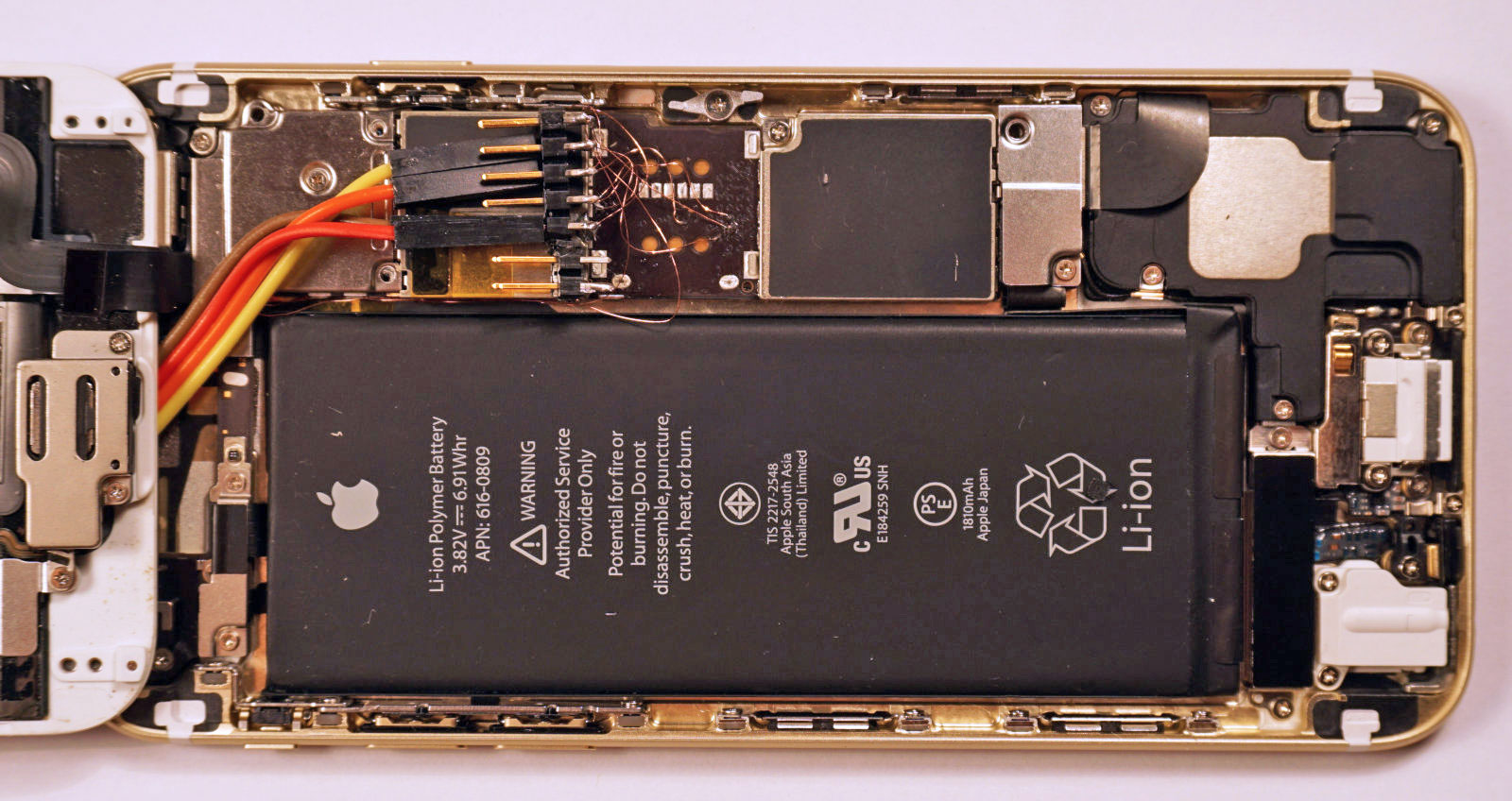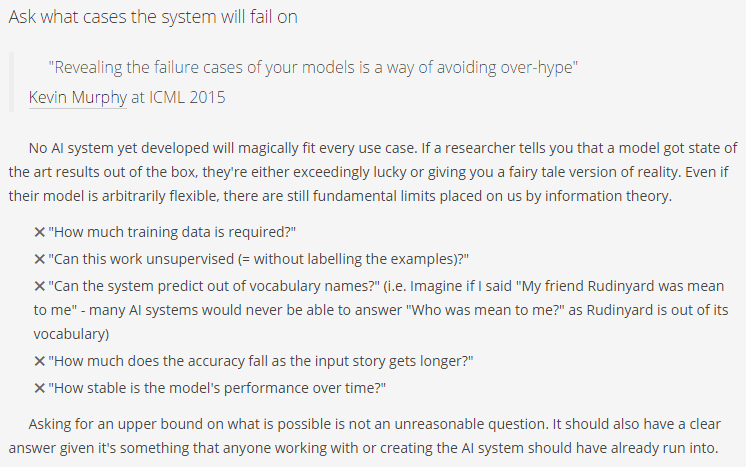Sections
All Things Must Pass
[avatar user=”malm” size=”small” align=”left” link=”file” /]
‘My name is Ozymandias, king of kings:
Look on my works, ye Mighty, and despair!’– Ozymandias, Percy Bysshe Shelley

Ramesses II whose broken statue inspired Shelley’s poem was arguably the greatest and most powerful and celebrated pharaoh of Ancient Egypt. He personally led a series of campaigns against the Hittites across modern-day Syria including the epic Battle of Kadesh, the largest chariot battle in history. The prospect of his monumental legacy being overwhelmed by sand and time would have been inconceivable to his awestruck subjects 3300 years ago. His forlorn rubble remains an enduring reflection on the transience of power and the need to exercise humility in the face of the force of entropy. It is unclear whether Donald Trump would concur with such a view. The man who would be king of America achieved heights nobody would have believed as little as a year ago this week in officially securing the Republican nomination.

Trump horrifies elites the world over who one feels would like to see his populist pedestal crumble into the desert dust too. The Economist railed against his nomination in a brutal assessment calling him out as a disaster for the Republicans and America. WashPo berated his ‘astounding carelessness’ over the blatant plagiarism of his wife’s Convention speech all the more ironic given whose words were appropriated:
In yesterday's news: Rep. Steve King (R) questions nonwhites' contribution to civilization, Melania Trump plagiarizes from a woman of color
— Joshua Bloch (@joshbloch) July 19, 2016
Quartz suggested he ‘massively distorted’ national crime statistics in a bruising ‘horrible no good very bad too long‘ speech that made visible dark myths straight out of the standard demagogue textbook:
Trump does have a vision for the country. It doesn’t pick up the grainy topography of problems or potential solutions. It sees only infrared blazes of blame.
The Economist lamented his “made-for-TV foreign policy” with its hint of the Sopranos:
If Donald Trump was president: a made-for-TV foreign policy triggers a real-world crises https://t.co/AM7xfeQoli pic.twitter.com/XpOl7nZXm3
— The Economist (@TheEconomist) July 17, 2016
Even the ghostwriter of his autobiography, The Art of the Deal, exhorted the populace to just say no to a man he regards as a sociopath. WashPo rounded the week by labelling him the candidate of the apocalypse and in an unprecedented editorial “a unique threat to American democracy“.
And yet none of it seems to matter or stick. One simply has to accept the undeniable logic that “in a two-horse race his chances of winning the presidency are well above zero.” And that Donald Trump absolutely can win no matter what is said about him or what he does. Various experts confidently predicting it could never happen because he doesn’t have enough support outside his narrow core base etc should be treated with caution. As asserted before in this blog in the context of Brexit, it is not useful to use the logic of the elite in current circumstances. The current political crisis in America as in much of the West has left large swathes of the population with literally nothing to lose in voting for him. Whether Trump wins or not may depend on how many of them calculate that his ascent will improve their own personal standing irrespective of any collateral societal chaos. Contrasted against the relative certainty of maintaining their status quo with Clinton. A very similar calculation took place in the minds of millions during the EU Referendum in the UK. In essence, those who are not valued by the elites may calculate their best interests are in actively fomenting creative destruction of the current democratic compact held in place by the mantra of eternal GDP growth and a boundary of educational attainment across which there is an increasingly intemperate gulf in understanding.
Now elites in both major parties see their broad political goal as increasing the GDP, regardless of how it is done. … This has failed most Americans, other than the elite, in two ways. It has failed to provide an economic boost (incomes are broadly flat), and it has forgotten that many people see value as being not just economic, but social. It has been a one-two punch that has completely left behind many people. … For many people value is about having meaning beyond money. It is about having institutions that work for you.
Peter Thiel who also spoke at the Republican Convention likewise seems to be hedging on the demise of the traditional democratic system in siding with Trump on his journey from neoliberalism to neo-anarchism:
For someone like Thiel, the response to sclerotic system seems straightforward: Creative destruction.
When looked at through the lens of Prospect Theory in which macro decisions are the collective sum of a myriad atomised personal calculations, mass movements that seem outlandish and counterintuitive start to become more understandable:
In a post-factual political age, reasoning doesn’t reach the heart. To win, you needed to mobilize convincing passion behind the case that the status quo is both preferable and improvable.
Zadie Smith captures this idea well in a good post on the increasing enclosure of our society within literal and invisible fences. In it she channels the champion of the downtrodden US blue collar demographic, Bruce Springsteen. You can’t start a fire without a spark:
Doing something, anything, was in some inchoate way the aim: the notable feature of neoliberalism is that it feels like you can do nothing to change it, but this vote offered up the rare prize of causing a chaotic rupture in a system that more usually steamrolls all in its path.
Western elites invested in a global political system which is the Ozymandias of our age seem aghast at democracy not producing the results it was supposed to. They might benefit from contemplation of the words of Alan Sillitoe, author of Saturday Night and Sunday Morning which constitute an inconsistency no Artificial Intelligence could frame:
Nevertheless, deep dark dangerous swirling water lies under the articulation of such personal expression of the political. Water that the likes of Trump and ISIS are both in their own way ably exploiting with the siren call that only they have the ‘answer’ to everything. Both are serving as very effective lightning rods for a wide spectrum of resentments expressed by the aggrieved and angry to the utterly deranged. Where this all leads to, no-one can really predict.
ARM
The news that Softbank is to acquire chip designer ARM for $32billion was big enough to merit national coverage in UK mainstream media. The new government clearly saw it as a significant endorsement in UK technology and appeared to smooth the path to its eventual completion:
This would be largest ever Asian investment into the UK & would double size of ARM's UK workforce.Big vote of confidence in British business
— Philip Hammond (@PhilipHammondUK) July 18, 2016
However, there is no denying it will deprive the UK of ownership of one of the few globally successful technology companies we have, something that our new PM has suggested in the past we should avoid. It came as no surprise that many were deeply uncomfortable with the development including one of ARM’s founders, Hermann Hauser:
ARM is the proudest achievement of my life. The proposed sale to SoftBank is a sad day for me and for technology in Britain.
— Hermann Hauser (@hermannhauser) July 18, 2016
The comments about doubling the workforce should be taken with some caution in the light of recent precedent including Microsoft’s acquisition of Nokia’s mobile business and HP’s acquisition of Autonomy. It’s not clear whether a multinational like Softbank can be held to account on statements about “doubling workforce” and even if more jobs are created, it is entirely plausible many of them will be outside the UK. As to why ARM is an attractive target for Softbank, many commentators highlighted the link to the growth of the IoT space. Bob Cringely interestingly suggested that the new ARM may go after the same space as Qualcomm and Intel and turn into a $100billion plus success in the process. The path he maps out will take time so could prove challenging given how litigious Qualcomm can be:
ARM-based chips are dominant in mobile processors and entering new markets all the time. All ARM has to do is make and sell its own chips, which requires only hiring a new sales force. The company can continue in its existing business while starting to compete with its old customers because those customers are trapped for the next 2-3 product cycles at least — just long enough for ARM to steal their business
Machine Learning and Artificial Intelligence
A few weeks ago I linked to a Medium post explaining how progress in Machine Learning is constrained by the ability to create high quality training data. This week another Medium post expands on this theme suggesting that the solution is the creation of Reciprocal Data Applications (or RDAs) which are able to harvest training data invisibly in exchange for utility:
A new category of application, or application feature, has emerged to facilitate your fence painting. These applications are designed to spur the creation of training data as well as deliver the products powered by the data captured. People get better apps and companies get better data. … The trick to obtaining sufficient training data, then, is twofold. You need to:
- Attract a bunch of people
- Convince them to create your training data.
Google Search and Facebook Photos are cited as canonical examples of an RDA. The importance of a thorough understanding of the training data used to build the latest hot AI proposition du jour is underlined in this excellent post which is well worth reading to get a deeper perspective on the art of AI ‘due diligence’. By now you should know the score. When confronted with extraordinary claims in AI or any other arena and you need more information, ask for evidence:
Or try things out for yourself. Ben Lau recently posted an excellent article on how to use Keras, a Python Deep Learning library, to train a Reinforcement Learning system to successfully play FlappyBird. The post contains a link to full source on Github which is fully batteries included with an integrated version of FlappyBird in pygame. The system uses Deep Mind’s ‘Deep Q-Learning’ algorithm as follows:
- The code receives the Game Screen Input in the form of a pixel array
- The code does some image pre-processing
- The processed image will be fed into a neural network (Convolution Neural Network), and the network will then decide the best action to execute (Flap or Not Flap).
- The network will be trained millions of times, via an algorithm called Q-learning, to maximize the future expected reward.
Keras marshals 3 and 4 above and is described as “a minimalist, modular neural network library that can use either Theano or TensorFlow as a backend.” Ben’s implementation uses TensorFlow for the non-GPU assisted version and Theano for the GPU-assisted case. The generated model is stored in 13MB file called model.h5 which is in HDF5 binary data format. The Python h5py package is needed to parse this file. In order to get the code working in a local VirtualBox setup running Ubuntu 14.04 with TensorFlow already setup in a Python virtualenv called “tf” you need to do the following:
$ git clone https://github.com/yanpanlau/Keras-FlappyBird.git $ workon tf (tf)$ pip install pygame (tf)$ pip install scikit-image (tf)$ pip install keras (tf)$ pip install h5py (tf)$ python qlearn.py -m "Run"
If you’ve done this all right, you should start to see flappy bird bossing proceedings with unerring accuracy:

Here’s a screenshot from my VirtualBox setup:
Coincidentally Adrian Rosebrock this week outlined how to install Keras from first principles in this blog post if you’d like a deeper dive into how to set it up.
Also, Kadenze have announced a MOOC called “Creative Applications of Deep Learning with TensorFlow” which the AI FlappyBird is very much an example of:
This course introduces you to deep learning, the state-of-the-art approach to building artificial intelligence algorithms. We cover the basic components of deep learning, what it means, how it works, and develop code necessary to build various algorithms such as deep convolutional networks, variational autoencoders, generative adversarial networks, and recurrent neural networks.
Hopefully it’s an improvement on the difficult and hard to follow Google-sponsored Udacity standard MOOC on TensorFlow. While on the subject of creative applications of this technology, here’s a good example of ‘dogfooding’ – Google are using Deep Mind’s AI to slash its electricity bill.
Cloud and Data
Skype is moving from a peer-to-peer architecture mediated by ‘supernodes’ to a pure cloud backend. It’s a big deal and should significantly improve Skype’s notorious performance problems and position the platform well for the future.
The UK Anonymisation Network have published an invaluable guide to decision-making within the data privacy and confidentiality landscape which ought to be a must-read for anyone seeking to build any kind of digital service which will gather customer data. Here’s a sample:
Mobile and Apps
Ben Evans has released his entire archive of newsletters dating back to 2013. It’s a treasure trove of material with thought-provoking articles right back to his very first ever post off the back of MWC 2013 which remains eminently relevant – the O2 TuGo app he highlights in it came up in a business context only this week.
FirstRound interview with a former Facebook product leader offers a set of lessons curiously at odds with their celebrated hacker mantra and all the more interesting for it as result:
Connected devices have forever changed tech’s ‘move fast and break things mentality’. When you’re designing a product to extend a person’s identity and capabilities in the world the way that mobile does, it’s better to move slow and deliver delight.
Pokémon fever continued to draw headlines with Foreign Policy offering the interesting suggestion that its success is down to the uniquely Japanese trait of kawaii or childlike “cuteness”:
An embodiment of everything endearingly childlike, kawaii has been embraced by the Japanese government as one of its main cultural exports and the linchpin of its “soft power” strategy. With Pokémon Go, kawaii is continuing its relentless incursion into American culture.
It’s a topic explored further in this long read in which one contributor berates kawaii for creating a society which tolerates “low self-esteem en masse.”

This somewhat more robust analysis of the phenomenon was also on offer:
I can't endorse this enough. pic.twitter.com/QL6TXTsltp
— Stig Abell (@StigAbell) July 17, 2016
Why you “should never buy a new iPhone from China” – it might just be an old one refurbished, repackaged and masquerading as factory fresh.
Quartz on a “terrifying” new security bug affecting Apple phones carried in malicious TIFF file payload via iMessage highlights the need for exercising update hygiene. It might also encourage you to pay attention to an interesting smart case security proposition designed by no less an authority than Edward Snowden himself in collaboration with celebrated hardware hacker Bunnie Huang:
It looks like an external battery case with a small mono-color screen and is being described as an “introspection engine.” The device’s tiny probe wires have to attach to test points on the iPhone’s circuit board, which are accessible through the SIM card slot. … The probe wires read the radio’s electric signals, and by doing so the modified phone warns you when these signals transmit information when they’re meant to be off. You’ll instantly receive alert messages or even an audible alarm, and the phone can even shut off automatically.

Sources are suggesting that Android alternative Cyanogen is “struggling” and may layoff workers and “pivot to apps”. If true, it serves to further underline the uncomfortable feeling that the only company that has a strategic imperative to enhance the Android platform is basically Google. Everyone else is just treading water to stop from going under.
Still, at least Prisma is now out on Android as well as iOS. It seems to be frequently oversubscribed.
China
The Information profiled eight Chinese consumer-oriented Internet startups to watch ranging from niche eCommerce to user-generated content. Most of them appear to have around 10-20million MAU (monthly active users). They are: Toutiao, Musical.ly, Ximalaya FM, Beibei, Meili, PPzuche, Meicai, Bilibili. Collectively worth billions of dollars you may not have heard of any of these propositions in the West except perhaps Musical.ly which is well worth watching. If it succeeds, it could well set the template for future Chinese startups looking to exploit US and UK markets:
Musical.ly stands out as the first Chinese company that only targets customers who don’t live in China. The app does not even have a Chinese-language version. Over half of its users—called “musers”—are in the U.S., with another 35% from Europe, according to co-founder Alex Zhu, who is from China but has worked in Silicon Valley.
Opera Browser, which you will have heard of, is being bought by a consortium of Chinese investors:
Opera agrees to sell its browser business to group of Chinese buyers for $600 million https://t.co/3NLA2sPABq pic.twitter.com/XpKYWOtFfh
— Android Police (@AndroidPolice) July 18, 2016




